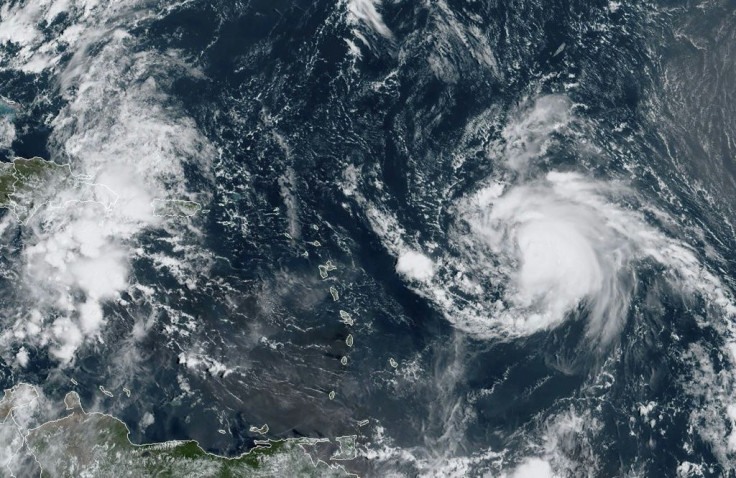US Being Hit More Often By Big And Destructive Hurricanes, Study Finds

According to a new study, the U.S. is being hit more frequently by bigger and destructive hurricanes in recent times as compared to a century ago.
A Danish research team came up with a new measurement that suggested that the U.S. was hit three times more frequently by destructive hurricanes than what it was a century ago. The research team studied 247 hurricanes that hit the U.S. after the 1900s.
According to the results, the top 10% of hurricanes which had an area of total destruction more than 467 square miles (1,209 square kilometers), happened 3.3 times more frequently than the previous century.
Also, 8 of the 20 storms which had the highest area of total destruction since 1990s, occurred in the last 16 years, with the most notable being Hurricane Harvey from 2017, which had an area of total destruction of 4,570 square miles (11,835 square kilometers) and Hurricane Katrina from 2005, which had an area of total destruction of 2,942 square miles (7,621 square kilometers), the study published in Monday’s Proceedings of the National Academy of Sciences read.
Strongest hurricanes striking US three times more frequently: study https://t.co/UofkG3chMu pic.twitter.com/OY4BuOPMqf
— The Hill (@thehill) November 12, 2019
“It’s the most damaging ones that are increasing the most,” said study lead author Aslak Grinsted, a climate scientist at the University of Copenhagen.
Generally, a hurricane’s destruction is measured based on the damage it did to the people and cities. However, according to the Danish research team, this overlooked the powerful storms that hit sparsely populated areas. To overcome this, the team of scientists came up with their new method which measured the Area of Total Destruction, telling us exactly how big and strong the hurricane was.
“This is exactly what you would expect with climate models,” Grinsted said.
According to climate scientists, the cause of such extreme weather conditions is the rise in temperatures in the oceans and atmosphere, which in turn was caused due to the excessive burning of fossil fuels.
“Their result is consistent with expected changes in the proportion of the strongest hurricanes and is also consistent with the increased frequency of very slow-moving storms that make landfall in the U.S.,” National Oceanic and Atmospheric Administration hurricane scientist, Jim Kossin said about the findings of the study.
However, not all experts were convinced by the findings. Phil Klotzbach, a hurricane scientist at the Colorado State University said that his review of the hurricanes using barometric pressure showed no increase in the frequency.
© Copyright IBTimes 2024. All rights reserved.





















